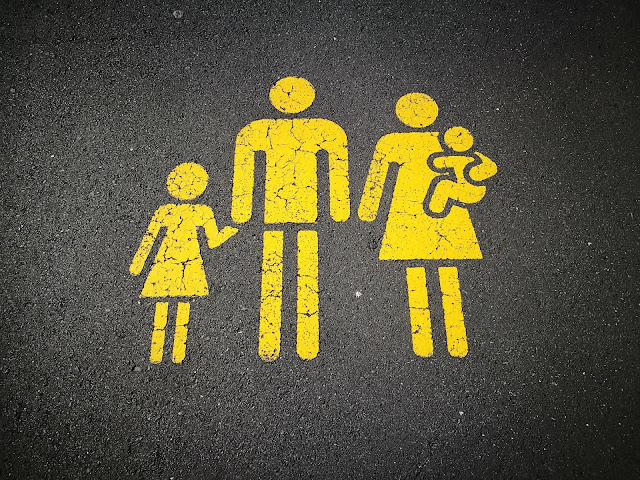On The Other Side : Mental Health Inequity From The Therapist’s Lens
Apart from structural inequalities that hamper access to mental health services for the common masses, mental health professionals themselves are bound in a unique conundrum. The conversations around mental health as an imperative subject both for individual and communal well-being, are still fairly nascent in the country. As a result, India is still in its nascent stage of harboring and investing in infrastructure and the necessary means that aid in the proper training of mental health professionals and social workers. There is a paramount deficit in the amount of funding provided by the Government and furthermore, no set rules, laws or ethical and moral groundwork is being laid by the governing or affiliated bodies. As of now, there are only 47 government psychiatric institutions catering to the massive population of 1.3 billion, steadily building an insurmountable pressure on the already scanty number of psychiatric nurses, doctors, psychologists, staff, and mental health advocates. There are only a handful of institutions in the country that offer academic training and supervision at the Masters/Doctorate level. There is an even severe deficiency of specialized psychologists that can cater to the Queer, Sex and Sexuality Positive population, Geriatric populations, populations with Sensory-motor and Mental Disabilities. In the face of a Worldwide Virus Outbreak, millions of people went through traumatic experiences just by virtue of being alive and surviving. And while Trauma is never classified as a disease or a disorder, sometimes just living in a particular setting and coming from a certain context is what assimilates to a debilitating mental health condition. Very few mental health professionals are trained in Trauma-Informed care and rehabilitation in general as well as for high-risk populations, caregivers, and front-line workers. The steadily increasing cases each year has put the existing pool of professionals to work around the clock which leads to burnout and emotional detachment in said professionals. The pressing conversations around Mental Health must also include the importance of self-care in therapists, as well as timely and scheduled supervisions along with better structural and academic facilities that aid a qualified and strengthened force of mental health professionals.
To honor this year’s mental health theme 'Mental Health in an Unequal World', I Am Wellbeing conducted a series of lives on Instagram to bring first-hand accounts from a trauma therapist's perspective, on how an unequal world translates at the grass-root level. In her live, Quality of Care: From a Trauma Therapist’s Lens, Maitreyi, a trauma therapist, brought attention to the importance of mental health professionals to be trauma-aware, how trauma exists within the nooks and crannies of our society, and how this trauma does not just impact the person dealing with it directly but also impacts their caregivers. She focused on the need for therapy services to be extended to the caregivers.


Quite informative & well written 🌻
ReplyDelete